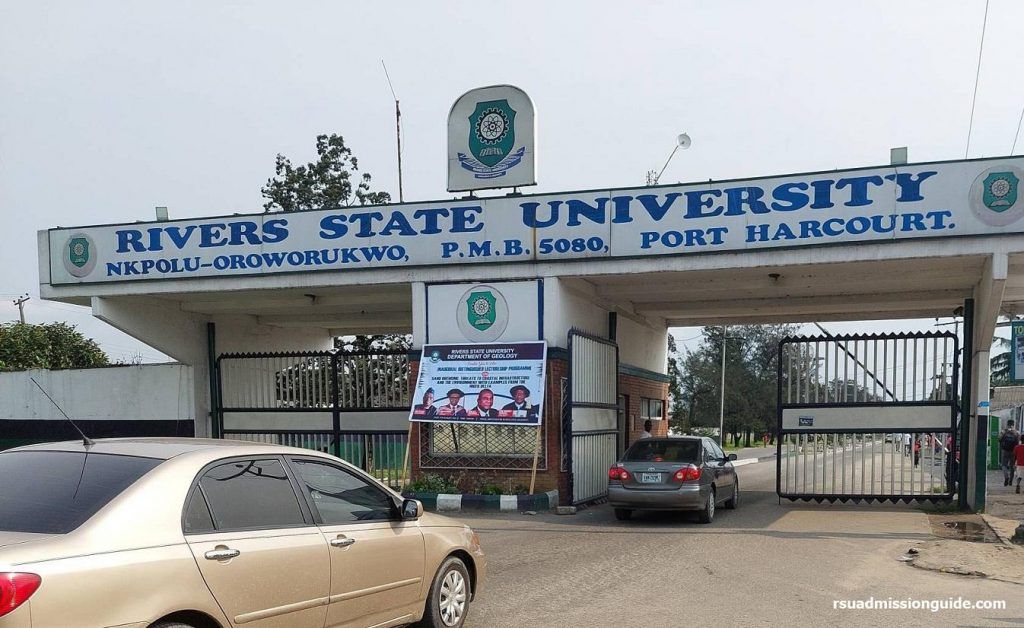On Friday, Rivers State University, Nkpolu-Oroworukwo, Port Harcourt, signed a Memorandum of Understanding (MoU) with the University of Rwanda to facilitate an exchange programme aimed at promoting student, teacher, and staff mobility between the two institutions.
The agreement was disclosed by Christophe Bazivamo, the Ambassador of the Rwanda High Commission to Nigeria, Niger, Burkina Faso, and Chad, during the 36th convocation lecture of Rivers State University.
Bazivamo emphasized the importance of inter-university collaboration for Africa’s development, noting that such partnerships strengthen education systems across the continent.
He also highlighted Rwanda’s visa-free policy for African nationals as a step towards easier cross-border collaboration.
“The framework allows for the exchange of students, teachers, and staff, fostering mobility and capacity building.
READ ALSO:
“Opening borders does not bring insecurity; it enhances opportunities and revenue.”
In his address, the Vice-Chancellor of Rivers State University, Prof. Nlerum Okogbule, underlined the relevance of leveraging emerging technologies to reshape education and learning environments.
He called for adjustments in teaching methods and policies to align with global trends.
The guest lecturer, Prof. Lawal Bilbis, immediate past Vice-Chancellor of Usmanu Danfodiyo University, Sokoto, highlighted the need for increased funding in education.
Bilbis pointed out that Nigeria’s 2020 allocation of 6.3% of its national budget to education falls short of UNESCO’s 15–20% recommendation.
He emphasized that underfunding, poor infrastructure and outdated curricula are key challenges hampering the integration of emerging technologies into Nigeria’s education system.
“Education remains a pillar of socio-economic transformation, but Nigeria’s system requires reforms, including increased funding, modernised infrastructure, and digital integration,” Bilbis stated.
He called for collaborative efforts between the government, private sector, and stakeholders to address the nation’s educational crisis.















